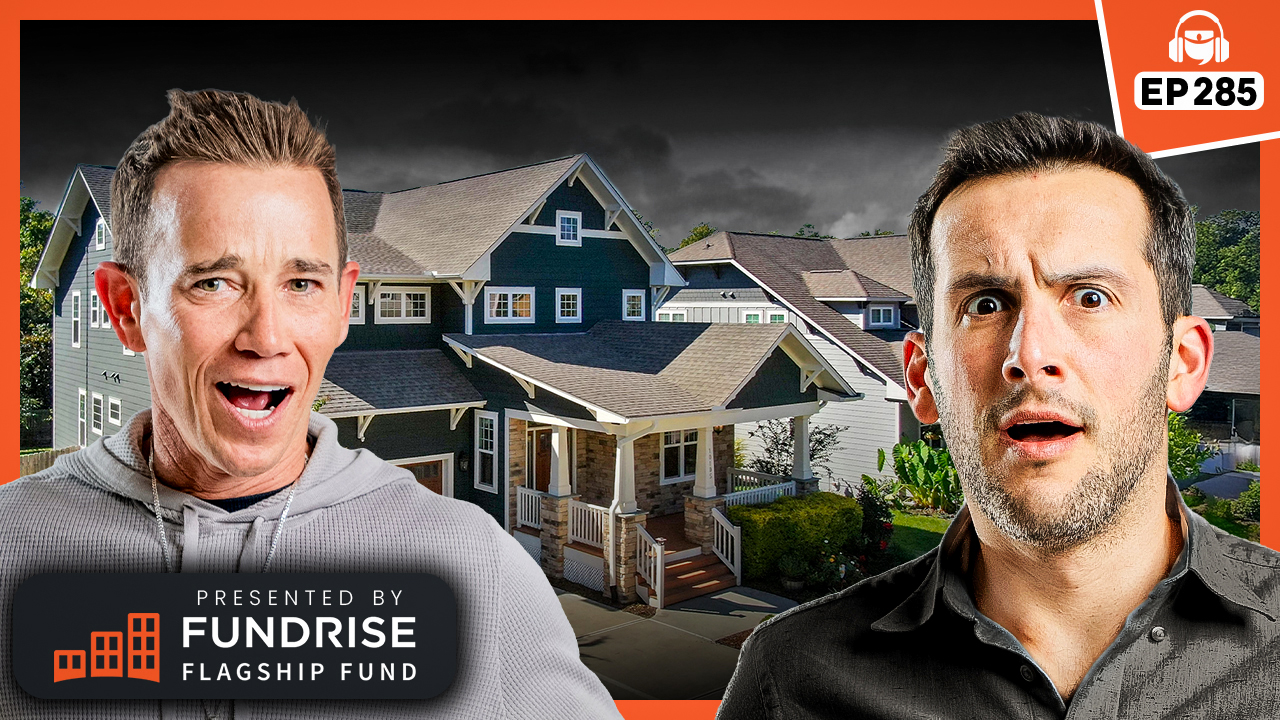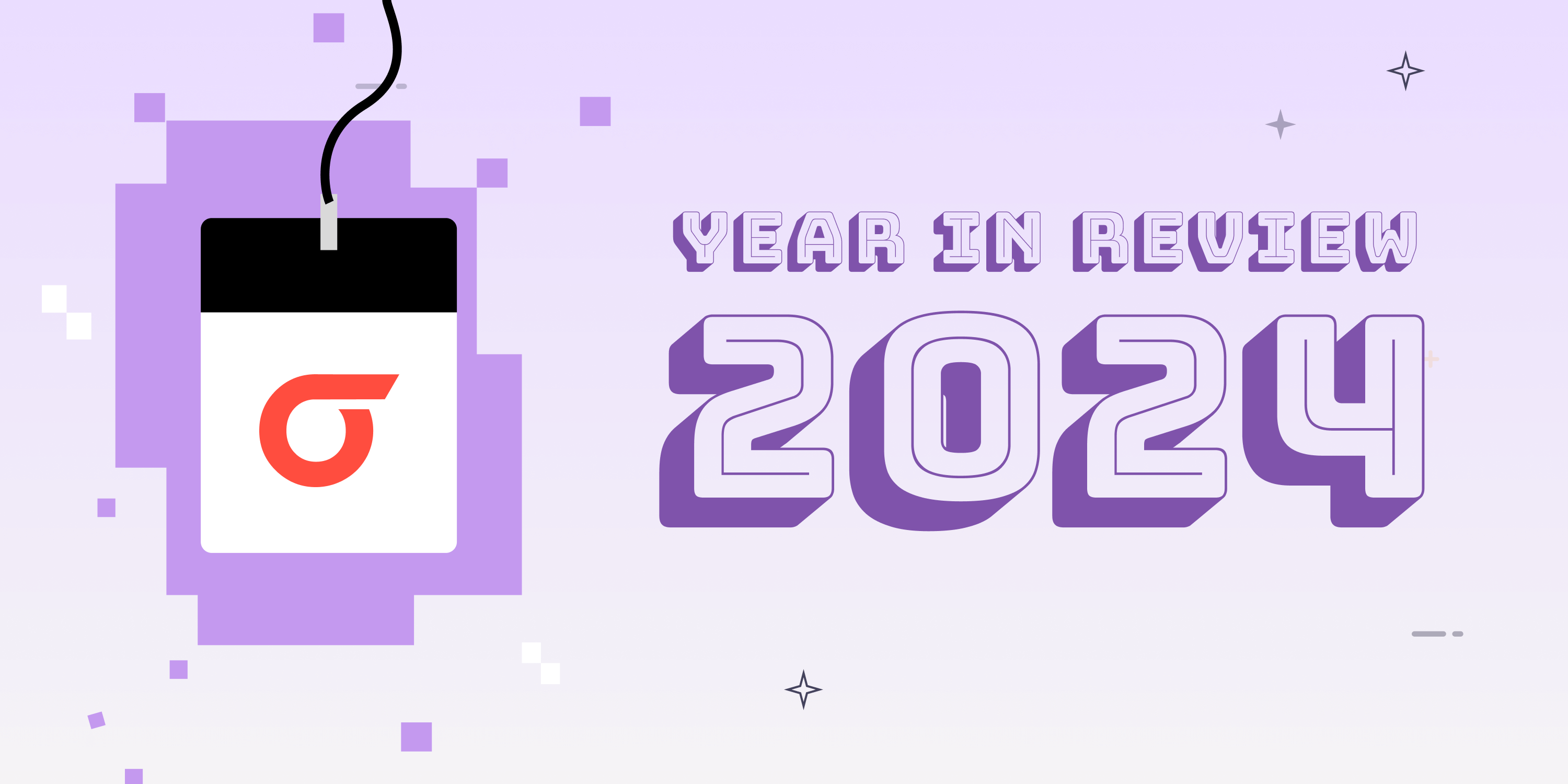This article is presented by IDG. Read our editorial guidelines for more information.
If you’re investing in Florida real estate right now, could rent-to-own be the solution to some of the known issues with the housing market in the Sunshine State?
Florida is and always has been one of the most desirable and popular real estate locations in the country, but it currently is not without its problems for investors. Rent-to-own is well worth exploring for Florida properties—but first, we need to establish what’s going on with the market that makes this state a good candidate for this specific type of real estate investing.
As with all other forms of investing, rent-to-own can be the right choice (and maybe even the holy grail for some), but you really need to understand when the conditions are right for this type of investment. Let’s take a closer look at what these conditions are.
When Is It Right to Invest in Rent-to-Own?
An investor considering rent-to-own should take into account two major factors. The first is whether there is a strong demand for housing where they’re considering making the investment. The second is whether there is a sizeable pool of prospective buyers who are not yet able (or willing) to buy a property. Typically, this is the case in hot markets that simultaneously are experiencing issues with affordability, inventory, or other key market parameters.
What you’re looking for as an investor is a housing market that is currently slow because of tough market conditions, not because the area is unpopular. Think of it this way: If you’d be better off selling in a few months or years down the line and could make more by renting out than by flipping the house right now, then rent-to-own can be a great option. You get to lock in a buyer right now and still sell at market value when the time is right.
Timing plays a huge role in making the decision to invest in rent-to-own. If you’re investing in a market that is booming right now, with a glut of eligible buyers and properties selling like hotcakes, you should favor the house-flipping option. But if all is not quite well with the housing market—namely, many people would like to buy but cannot—and it’s slowing down as a result, rent-to-own can be the perfect compromise between house flipping and long-term renting out of a property.
Why Florida Is the Perfect Rent-to-Own Market Right Now
Florida is emerging as a perfect rent-to-own market because it offers the exact combination of factors that make this investment option attractive.
Florida’s population is booming; in fact, Florida had the fastest population growth in the U.S. in 2022-23, with hundreds of thousands of new residents coming to the state each year. Urban areas like Orlando, Tampa, and Miami attract the largest number of movers, but so do smaller metro areas like Sarasota and Fort Myers.
Yet, the Florida home sales market is stagnating. Even a popular destination like Miami was rated as a “not very competitive” market by Redfin; few homes receive multiple offers, and most sell below list prices (an average of 4% below).
This may seem like a contradiction, but the truth is that Florida is facing a major affordability crisis. Home prices are continuing to rise due to ongoing inventory shortages. The average home price in the state is now $397,137—almost $43,000 higher than the national average of $354,179. However, prospective buyers face high interest rates and the highest home insurance premiums in the country.
The result? The “lowest housing affordability in four decades,” according to Moody’s Analytics housing economist Matt Walsh, who told Newsweek that existing home sales in the state were at “their lowest level since the Great Financial Crisis.”
Despite the high home prices, Florida is currently not a seller’s market. According to a recent Redfin report, while Florida home prices continue to grow, the number of home sales are falling, and homes stay on the market a whole week longer on average than a year ago.
This doesn’t mean that people don’t want to buy homes in Florida or that Florida’s prospects as a real estate market are poor. The current conditions merely mean that right now may not be the best time to sell. Many buyers are waiting for mortgage interest rates to fall a bit lower than they are right now; others may be looking for a solution to the home insurance crisis.
Having the option to buy a home that they’re currently renting will appeal to many of those prospective buyers. They’re not leaving; they’re just waiting.
For tenants, rent-to-own can feel like beginning the process of buying a house months or even years before actually going through with the purchase. This is ideal for would-be buyers who are hesitant or need a little more time to put together a down payment on their future home.
But what’s in it for you, the investor?
Investor Advantages: Cash Flow and Security
The most obvious advantage of rent-to-own for investors is that it provides you with stable cash flow, with rents often exceeding market rates. Renters in rent-to-own properties tend to stay put, and high tenant retention rates translate into less income loss from vacancies between tenants.
Moreover, tenants who live in rent-to-own properties tend to take better care of them—after all, they intend to live there long term. In fact, as a rent-to-own landlord, you often can expect tenants to take on a lot of the responsibilities that typically fall on the landlord. From mowing the lawn to undertaking repairs, rent-to-own leases have a lot more room to include the tenants in the upkeep of the property. This is actually a great perk for out-of-state investors or those who just desire a more passive investment experience.
Additionally, the nonrefundable option fee paid by tenants to secure their purchase rights enhances the deal’s upfront profitability. Plus, there is built-in appreciation (generally around 10%) in the pricing the tenant will pay at the lease term completion when they purchase the home.
How Does Rent-to-Own Work?
In a typical rent-to-own agreement, a buyer agrees to rent the property for a set period—usually up to five years—with the option to purchase it at a pre-agreed-upon price at the end of the lease term. During the rental period, a portion of each monthly payment can be set aside as a credit toward the down payment. Some rent-to-own agreements obligate the tenant to buy the home, while others only give them the option.
Locking in a sale price at the start of a rent-to-own agreement is a great option when you are investing in a volatile market. If you’re confident in home prices appreciating significantly by the time the tenant is ready to buy, you can draw up an agreement in which the final sale price will depend on the home’s current market value at the end of the agreement.
Whichever configuration you choose, always be careful to set a sale price that will generate a profit but won’t be so high that the property is overvalued, as this would make getting a mortgage problematic for the tenant-buyer.
Before drawing up the rent-to-own lease, make sure you do your due diligence. This will include local market trend research, the legal details of the rent-to-own contracts, and the financial stability of your prospective tenant-buyers.
Investors should also consider working with real estate professionals specializing in rent-to-own properties. These experts can provide invaluable guidance on structuring fair and profitable agreements and ensure compliance with state and federal regulations.
Final Thoughts
Florida is the perfect rent-to-own market for both buyers and sellers, providing the former with an alternative path to homeownership and the latter with a potentially lucrative investment niche. The Sunshine State is a unique real estate market with a high demand for properties but it presents multiple hurdles to homeownership that are likely to persist into the near future. If your current goal is to avoid selling too soon here, rent-to-own can help you generate a steady rental income from your investment while guaranteeing that you sell at a great price eventually.
This article is presented by IDG

Investing with IDG opens doors to a history of award-winning real estate prowess and leadership. As fellow investors, we understand your needs, making us your trusted allies in the realm of real estate investments. As the markets evolve, so do we. Our agility in adapting to market shifts has been a key factor in our success, and we’re eager to impart that knowledge to empower your success as well.
Note By BiggerPockets: These are opinions written by the author and do not necessarily represent the opinions of BiggerPockets.





















Discussion about this post